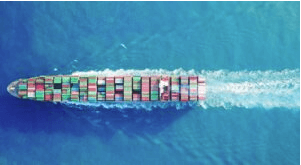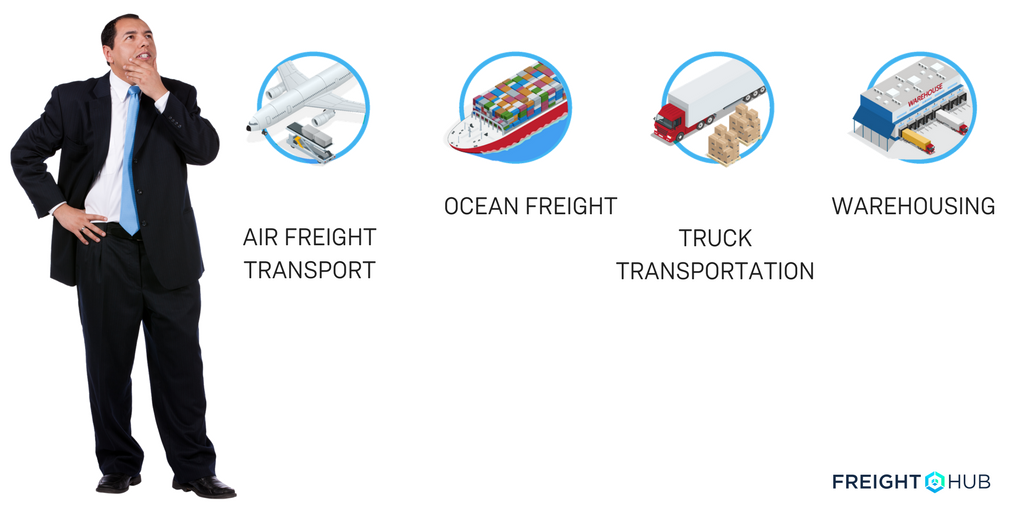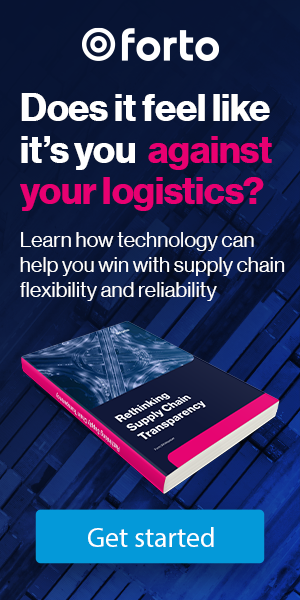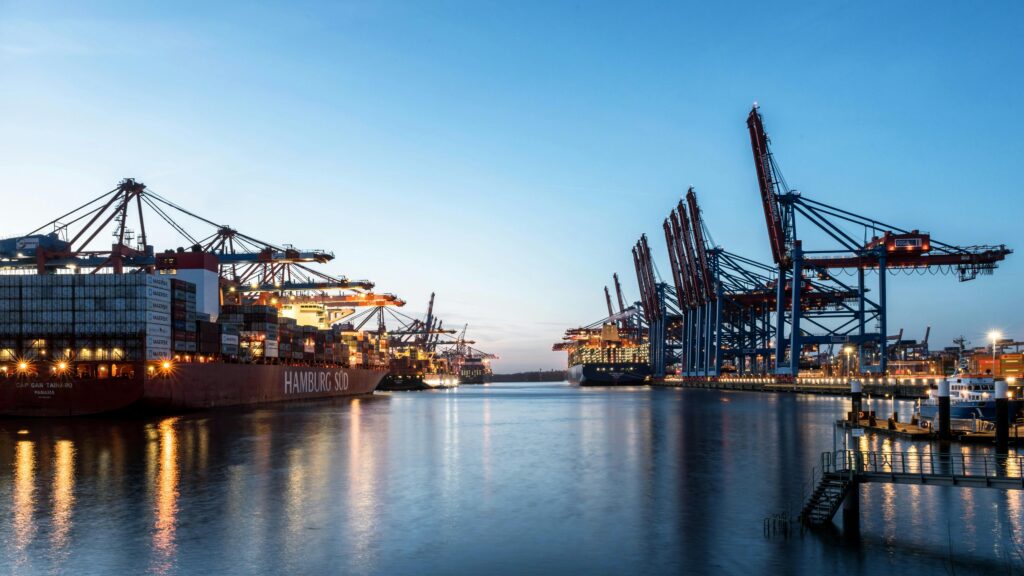-
What is a Freight Forwarder?
-
Capabilities and requirements of a freight forwarder
-
What you should look for in a freight forwarder
In the simplest of terms, a Freight Forwarder is a multi-function agent/operator who assumes the role of arranging the movement of goods from point A to point B on behalf of a BCO (Beneficial Cargo Owner).
A freight forwarder is a vital part of the whole supply chain and is common to all modes of transport – sea, air, road and rail.
Why a freight forwarder
Global trade is the backbone of many economies around the world and accounts for around US$ 16.0 trillion as per WTO.
Seaborne trade accounts for about 90% of the global trade and as per UNCTAD, 1687 million tonnes (2015 estimate) were carried in around 177.6 million containers (2015 estimate) covering 998 billion ton miles (2016 estimate). Amazing isn’t it?
Now imagine the shippers of the world having to do all activities relating to shipping such as arranging trade and finance documentation, negotiating freight contracts, monitoring the movement of the cargo, transportation, customs clearances, port inspections and all other activities by themselves.
Daunting, huh?!! That is where a Freight Forwarder comes in.
The activities
The basic requirement of a freight forwarder is to ensure that the cargo that is picked up from the shipper is delivered to the consignee at the required place, at the right price and in the same condition that it is picked up from origin using the best resources and routing possible.
A freight forwarder may be called upon to provide below services and have suitable capabilities (either owned or outsourced)
- experienced in all modes of transportation – road, rail, air and sea
- able to provide cost effective and efficient cargo shipping solutions based on the customer’s requirement
- able to arrange storage for the cargo. Usually all big forwarders have their own warehouses, but a few outsource this to optimize asset utilization
- able to arrange the distribution or “forwarding” of the cargo as per the instructions of their client
- have the capability to negotiate freight rates with the shipping line
- able to book cargo with the shipping line as per the requirement of the client or under their own contract
- process all relevant shipping documents such as certificates of origin, customs and port documentation,bills of lading and associated shipping/negotiating documentation (Eur1, Certificate of Origin, etc)
- issue their own approvedhouse bill of lading (HBL)
- arrange transportation of the cargo from/to the customers’ premises and port
- have thorough knowledge of over/cross border cargo movement
- arrange customs clearance
Requirements to be a Freight Forwarder
Although there is no “global” regulation preventing anyone terming themselves as a Freight Forwarder or offering above mentioned services, some countries like USA and China have such regulations.
For example, USA requires a freight forwarder to be licensed as an OTI (Ocean Transport Intermediary) before commencing forwarding operations. A freight forwarder can operate in China only if they have a Class A, B, C or D forwarder licensing.
It is common to mix up a Freight Forwarder with a Customs Broker or NVOCC but there is a clear difference between a freight forwarder and a customs broker and between a freight forwarder and NVOCC.
A forwarder is also required to register themselves with the Local city/revenue authorities, Tax authorities etc as per local regulations for the purposes of issuing an invoice and conducting a forwarding business legally.
A forwarder may also need to be registered with local customs and port authorities for them to file their own manifest, release their delivery orders or issue their own House bills of lading.
The term freight forwarder however, is being used quite loosely nowadays and a lot of the companies entering the logistics field term themselves as a freight forwarder maybe for want of a better name to call themselves.
Types of freight forwarders
There are however several types of forwarders in the industry.
- Global forwarders with their own infrastructure and facilities worldwide to handle the functions of a freight forwarder (Example: DHL Global Forwarding, Expeditors).
These forwarders normally work on global contract customers and have global ocean freight contracts with various global and regional carriers.
- Local or global 3PL and 4PL service providers who don’t have their own infrastructure and facilities and outsource most of their activities. They carry out all or most of the above-mentioned activities on a sub-contracted basis.
- There is also the new breed of freight forwarders who base their services on the IoT, connecting customers, driving the forwarding business on technology, social media and big data.
A freight forwarder is someone who you as an exporter or importer will be entrusting your valuable cargo with.
This needs to be a company of trust, integrity, experience capable of providing not just the best service at the most competitive rates to you, but also to provide you with solutions in case things don’t work out the way they are supposed to.
Naturally therefore, it is in your best interest (especially if you are importing for the first time or exporting for the first time) to do due diligence when appointing a freight forwarder and follow the necessary precautions and safeguards.








